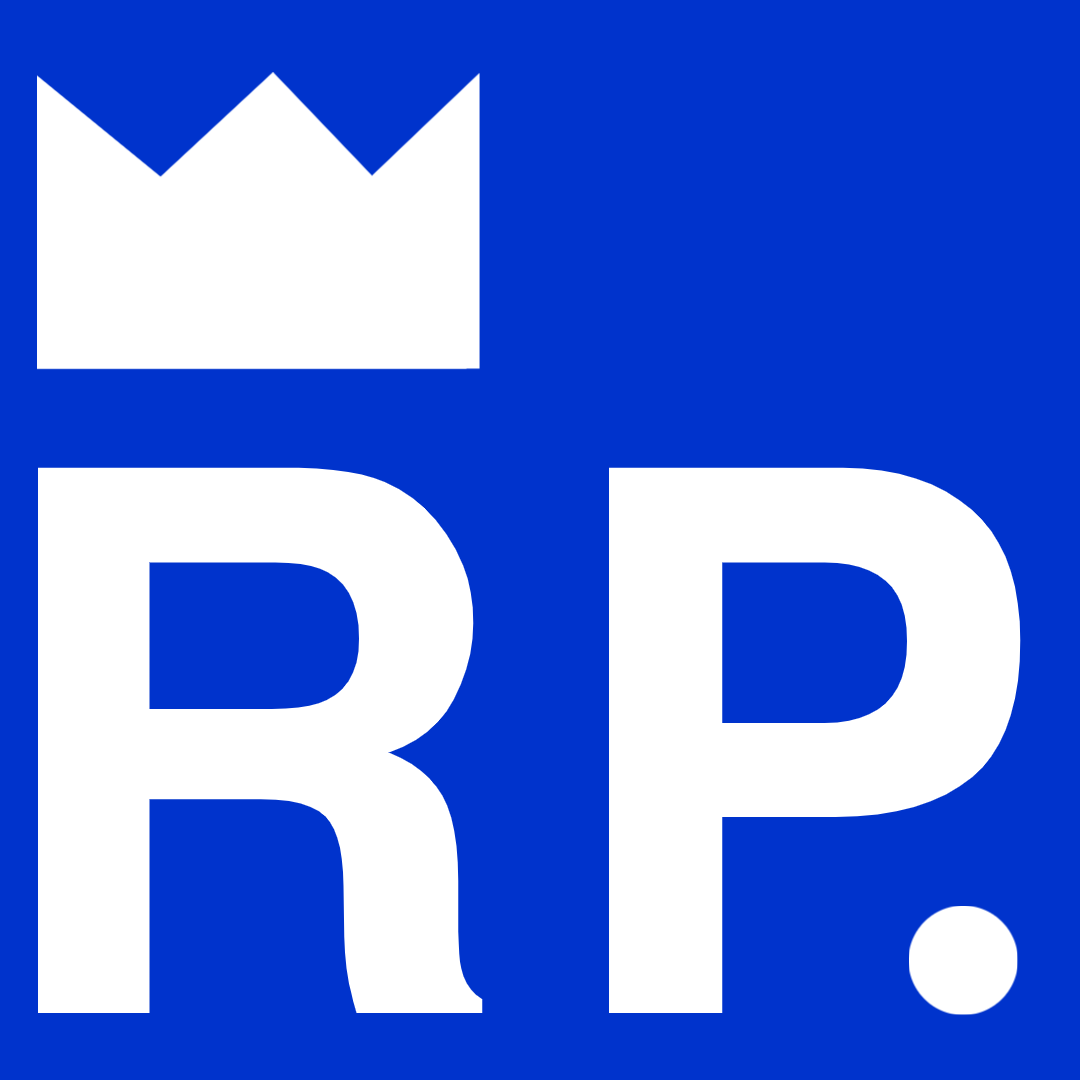Maybe Gen Z shouldn’t watch Euphoria
Jan 31, 2022

“Euphoria’s” second season is finally out after a three year hiatus.
The show is wildly popular amongst Gen Z, but with rampant drug use and other adult topics, could the show’s popularity ultimately be harmful for today’s teens?
Despite its TV-MA rating, “Euphoria” is still accessible to those legally prohibited from watching. Unless parental controls are in place, those under 17 year olds can easily access the show’s adult content.
With its popularity flourishing on social media, many have expressed outrage over the show’s problematic topics. The Parents Television Council claims the show is “overtly, intentionally, marketing extremely graphic adult content – sex, violence, profanity, and drug use – to teens and preteens.”
There is some accuracy in this statement. Personally, I don’t believe anyone under the age of 17 should watch “Euphoria,” however, this isn’t specifically due to its racy content.
“Euphoria” is a serious drama bathed in glitter and LED lights.
Sam Levinson, the show’s creator, said in an interview with Entertainment Weekly that the show is meant to be a “raw and honest portrait…of drugs and being young.” “Euphoria” is not the OC. “Euphoria” is not Riverdale. The show should never be regarded as such. I highly discourage any young people from watching this show in the hopes of indulging in a heartwarming feel-good teen comedy full of happy endings.
The upbeat soundtrack, glitter eyeshadow, and contemporary wardrobe attract an immature audience despite the show’s darker themes. This leads to children being exposed to topics they may not be ready for. Despite this being dangerous, Levinson’s art should not be condemned because too many people cannot grasp its true message.
I argue, on the contrary, that “Euphoria” is highly valuable for its intended audience.
“Euphoria” has incredible LGBTQ+ representation. Rue, the show’s main character, is romantically involved with Jules, a transgender woman. The newest season also highlighted Cal Jacobs’s origin story of struggling with his sexual identity throughout high school. These characters help normalize homosexuality through modern media, and present a realistic image of what dating in the 21st century truly looks like.
Additionally, mental health is one of the forefronting topics of “Euphoria.” Rue’s drug addiction is closely related to her bipolar disorder and anxiety. Adult members of Gen Z (ranging from 18 to 23 years old) are the most likely of any generation to report symptoms of depression or anxiety, according to the American Psychological Association’s (APA) 2020 survey. Representation within the media is quintessential for those struggling with mental health issues.
Episode seven of season one, “The Trials and Tribulations of Trying to Pee While Depressed,” highlights Rue’s bipolar disorder, juxtaposing a depressive episode with mania. Such a candid display of mental health is hard to find on any other television show.
Finally, any arguments that “Euphoria” romanticizes drug use are simply ignorant. Levinson himself struggled with opiate addiction all throughout high school.
“Sometime around the age of 16, I resigned myself to the idea that eventually drugs would kill me and there was no reason to fight it,” Levinson said at a panel at the Arclight Cinerama Dome.
His experience battling addiction is reflected consistently throughout his writing. Rue sets an example of the dangers of drug use. In episode three of the second season, “Ruminations: Big and Little Bullys,” Rue and her younger sister Gia get into a screaming fight, escalating to violence over Rue’s drug use. The show is a warning. One would have to be imperceptive in order to believe it promotes drug use. Does Orwell promote totalitarianism?
“Euphoria” is an amazing show, with its cinematography and in depth character development regarded highly by critics. Before you watch though, just remember it’s true intent.
